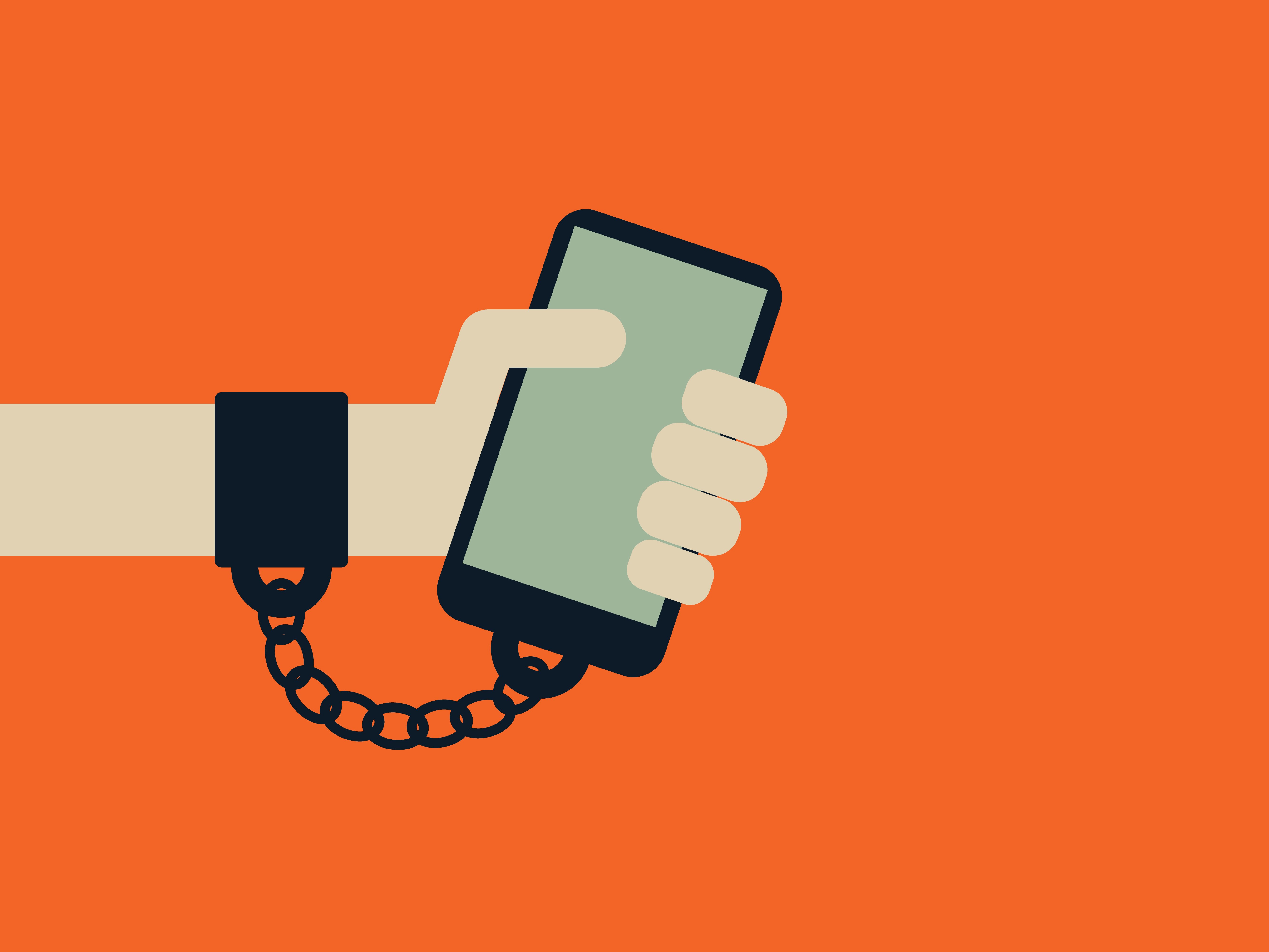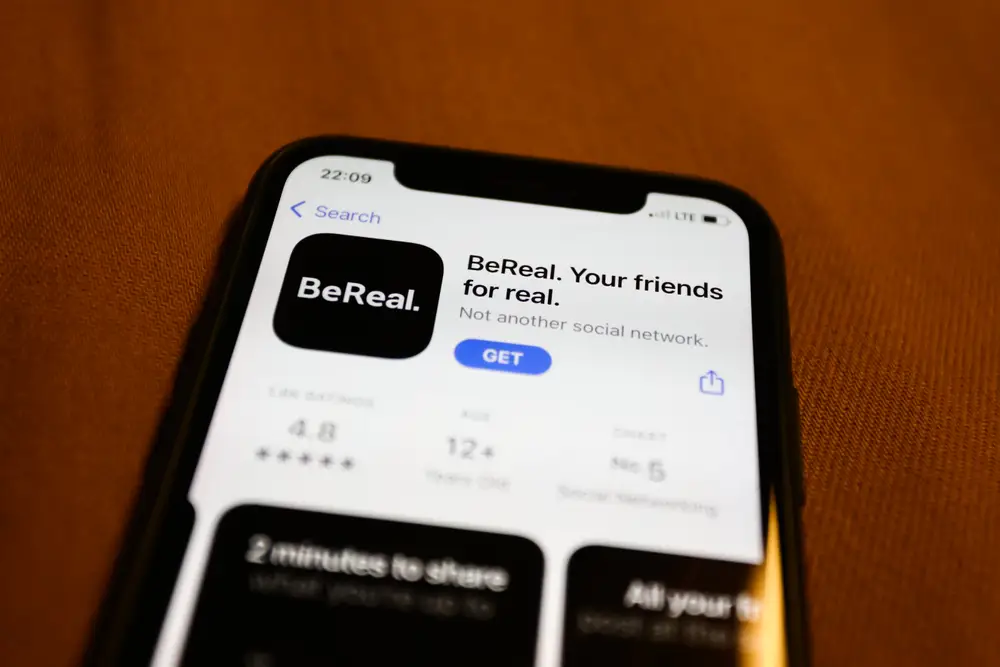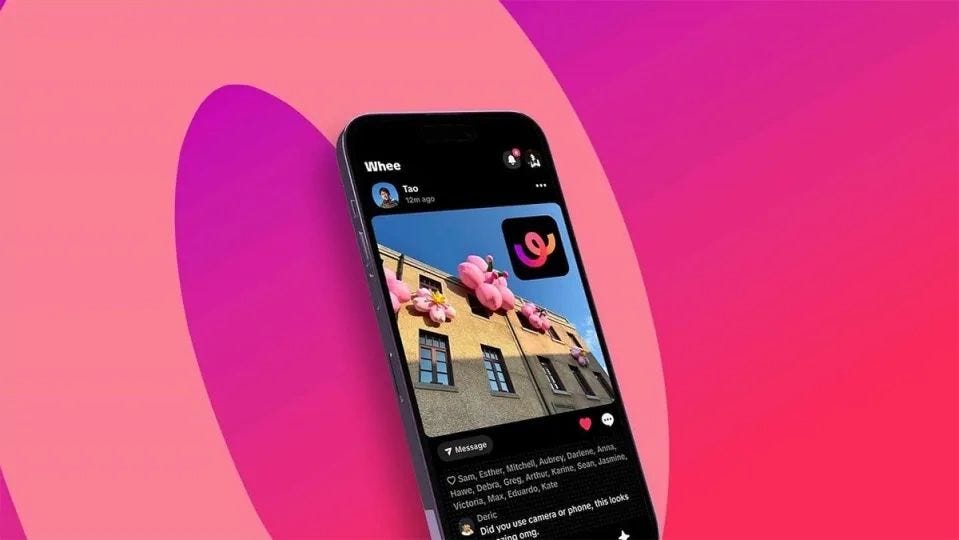PHONE ADDICTION
Breaking the Scroll: Phone Addiction
In today’s hyperconnected world, the glow of our phones is a near-constant companion. Social media platforms, once heralded as revolutionary tools for connection and self-expression, now dominate how we spend our time. While they’ve brought undeniable benefits, they’ve also led to an epidemic of phone addiction. This article dives into how social media took over our lives, the toll it’s taking, and actionable ways to reclaim control.
The Rise of Social Media and the Attention Economy
Over the past two decades, social media has grown from a novel idea to a central pillar of modern communication. Platforms like Facebook, Instagram, and TikTok offer us the ability to connect instantly, share moments, and discover new interests. But behind the scenes, these platforms operate within an "attention economy"—where user engagement translates directly to revenue.
Algorithms are meticulously designed to keep us scrolling, liking, and sharing. The infinite scroll feature, for example, ensures there’s always more content to consume, while notifications trigger instant dopamine hits, rewarding us for coming back. This design is not accidental; it’s engineered to make us spend as much time as possible on our devices.
What started as a way to connect with friends has evolved into a mechanism that often disconnects us from the present moment. We may check our phones for a quick update and find ourselves lost in a 30-minute scroll through curated feeds. The cost of this time is not just productivity—it’s emotional and mental well-being.
The Dark Side of Phone Addiction
Phone addiction, particularly to social media, has profound implications. It’s not just a matter of lost time; it affects our brains, emotions, and relationships. Here are some of the major downsides:
1. Mental Health Struggles
Studies have repeatedly shown links between heavy social media use and increased rates of anxiety and depression. Constantly comparing ourselves to the idealized lives of others can erode self-esteem and foster feelings of inadequacy. The highlight reels we consume create an unrealistic standard, leaving us feeling like we’re always falling short.
2. Decreased Attention Span
Our brains adapt to the constant barrage of short-form content. This can make it harder to focus on longer tasks, deep work, or meaningful conversations. The need for instant gratification rewires our ability to be patient and present.
3. Disrupted Sleep Patterns
Blue light from screens and the temptation to scroll before bed can interfere with sleep quality. Poor sleep, in turn, exacerbates issues like mood swings, stress, and lack of energy.
4. Strained Relationships
Ironically, while social media promises connection, it can also create distance. Whether it’s ignoring a loved one to check notifications or prioritizing online interactions over face-to-face ones, phone addiction often erodes the very relationships it claims to strengthen.
How to Curb Phone Addiction: Practical Tips
Reclaiming your time and attention doesn’t mean quitting technology altogether. It’s about developing healthier habits and boundaries. Here’s how you can start:
1. Create Phone-Free Spaces
Designate areas or times in your home where phones are off-limits. For example, make the dining table or bedroom a tech-free zone. This small change can improve relationships and sleep quality.
2. Use App Limits
Most smartphones now offer tools to track and limit app usage. Set daily time limits for social media apps, and stick to them. A 30-minute cap can go a long way in reducing mindless scrolling.
3. Turn Off Notifications
Disable non-essential notifications. This reduces interruptions and the compulsive urge to check your phone every time it buzzes.
4. Schedule Downtime
Set aside specific times for social media detoxes. Whether it’s one day a week or a full week every few months, these breaks can help reset your habits and perspective.
5. Replace Scrolling with Meaningful Activities
Think about what you’re missing while glued to your phone. Replace screen time with reading, cooking, walking, or spending time with friends offline. Hobbies can provide the same sense of reward without the downsides.
6. Ask Yourself “Why?”
Before opening an app, pause and reflect. Are you genuinely seeking connection, or are you bored, avoiding a task, or feeling lonely? Understanding your triggers can help you use your phone more intentionally.
7. Reconnect with the Physical World
Make an effort to prioritize in-person interactions. Call a friend instead of texting, or plan a meetup instead of liking their photo. Real-world connections provide a depth that digital interactions can’t replicate.
Rediscovering Balance
Social media and smartphones aren’t inherently bad. They’re powerful tools, but like any tool, they need to be used responsibly. The key to overcoming phone addiction lies in understanding the balance between enjoying the benefits of technology and protecting your mental health.
Reclaiming control won’t happen overnight. It’s a process of trial and error, of figuring out what boundaries and practices work best for you. The journey may be challenging, but the rewards are worth it: better focus, deeper connections, and a life lived more intentionally.
Breaking the scroll isn’t just about spending less time on your phone. It’s about choosing to live in the moment, nurturing real relationships, and valuing your own time and attention. So, are you ready to take the first step?




